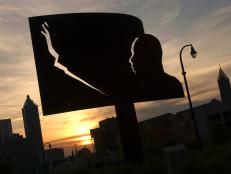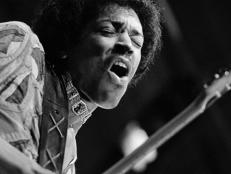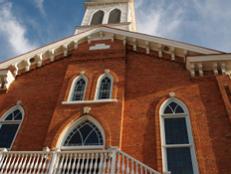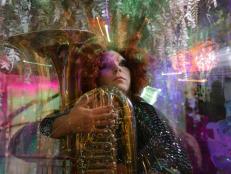Civil Rights Movement Destinations
Celebrate our country's great heroes on a tour of historic landmarks in the fight for civil rights in the US.
Related To:
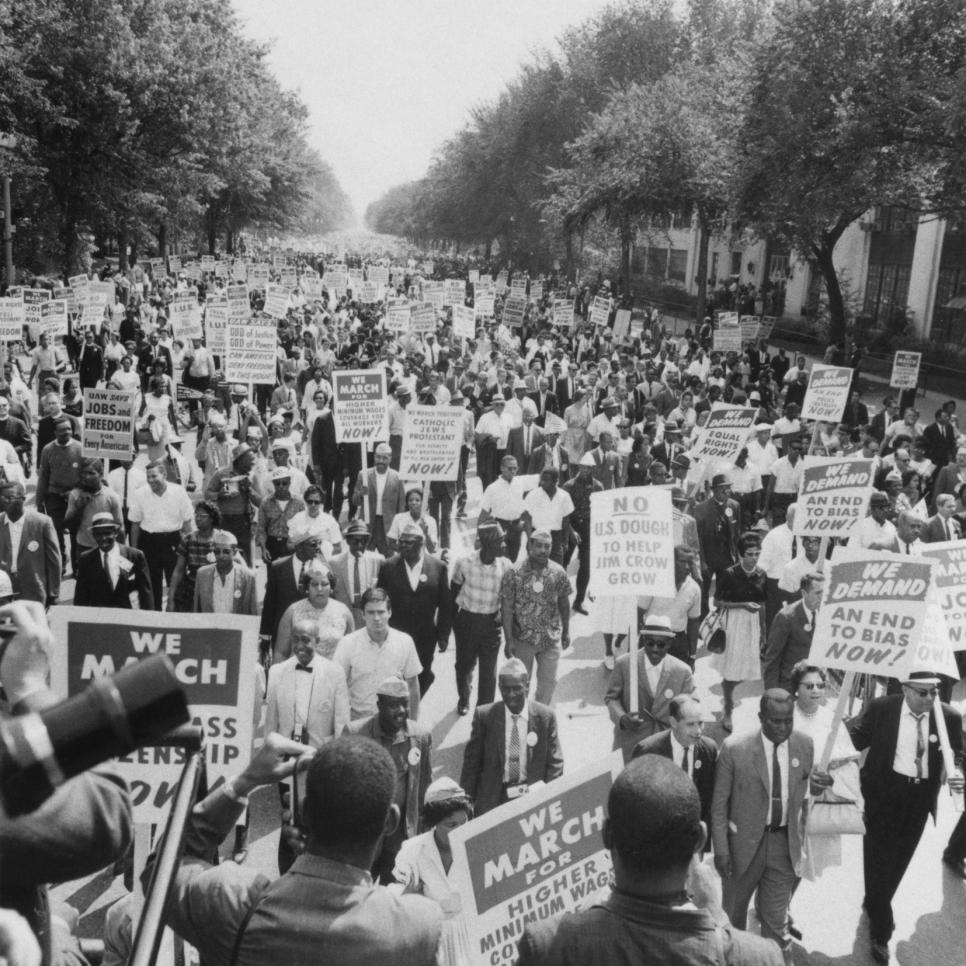
Photo By: Photo Researchers, Getty Images
Photo By: Richard Cavalleri, shutterstock
Photo By: William Lovelace, Getty Images
Photo By: TRAVISBLUE, iStock
Photo By: 4k clips, Shutterstock
Photo By: Glenn Nagel, gnagel, iStock
Photo By: EQ Roy, Shutterstock
Photo By: Christian Heeb, Getty Images
Photo By: From the Collections of The Henry Ford
Photo By: Bill Pugliano, Getty Images
Photo By: 4k clips, Shutterstock
Photo By: Oscar Gutierrez, OGphoto, iStock
National Mall
In 1963, nearly 300,000 protestors headed to the nation's capital for the March on Washington for Jobs and Freedom, which was a step in the right direction for passing the Civil Rights Act of 1964.
Lincoln Memorial
Martin Luther King Jr. delivered his memorable 'I Have a Dream' speech at this spot on the steps of the Lincoln Memorial during the March on Washington in 1963.
Selma Voting Rights Monument
On March 30, 1965, civil rights leader Martin Luther King Jr. and his wife Coretta Scott King led protestors in a march from Selma, AL, to the capitol in Montgomery to fight for black voting rights.
National Civil Rights Museum
In Memphis, the Lorraine Motel, where Martin Luther King Jr. was shot and killed in 1968, is now home to the National Civil Rights Museum, which chronicles the civil rights movement and provides opportunities to learn more about peace and justice in our world.
The King Center
Visitors pay their respects to Martin Luther King Jr. and his wife Coretta Scott King at the crypt at the King Center in Atlanta.
Dexter Avenue King Memorial Church
Martin Luther King Jr. was the pastor at the Dexter Avenue Baptist Church & Parsonage in Montgomery, AL, between 1954 and 1960. Today, you can take a tour of the church and parsonage, both National Historic Landmarks renamed to honor King.
National Underground Railroad Freedom Center
The National Underground Railroad Freedom Center in Cincinnati celebrates our country's civil rights heroes from the days of slavery and the Underground Railroad to modern times.
The Rosa Parks Museum
The Rosa Parks Museum in Montgomery, AL, tells the tale of the 'victory ride' and the 381-day boycott of the Montgomery bus system that happened after Rosa Parks was arrested for refusing to give up her seat on the bus.
Rosa Parks Bus at Henry Ford Museum
In 1955, Rosa Parks, an African-American woman, refused to give up her seat on the bus for a white man. This action rocked the country and sparked another battle in the war for civil rights. Today, the public can step on the bus where it all began at the Henry Ford Museum in Dearborn, MI.
Woodlawn Cemetery
Rosa Parks passed away in 2005 and is buried in Woodlawn Cemetery in Detroit.
Ebenezer Baptist Church
Martin Luther King Jr. preached about nonviolence and peace from the pulpit of the original Ebenezer Baptist Church in Atlanta, which was across the street from the new sanctuary on the grounds of the Dr. Martin Luther King Jr. Historic Site.
Martin Luther King Jr. Memorial
In October 2011, after more than two decades of planning, the MLK Memorial opened in Washington, DC. Visitors linger here when the cherry trees surrounding the statue are in their spring bloom.
